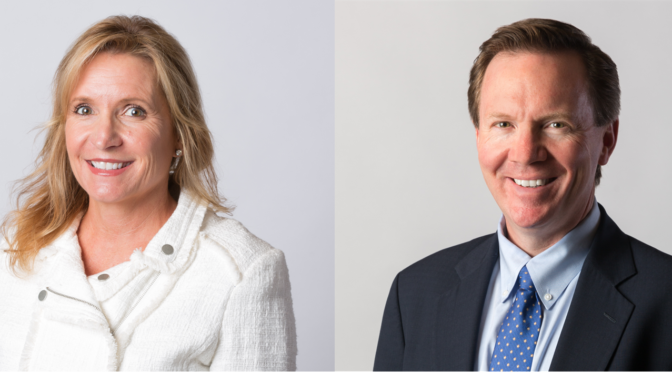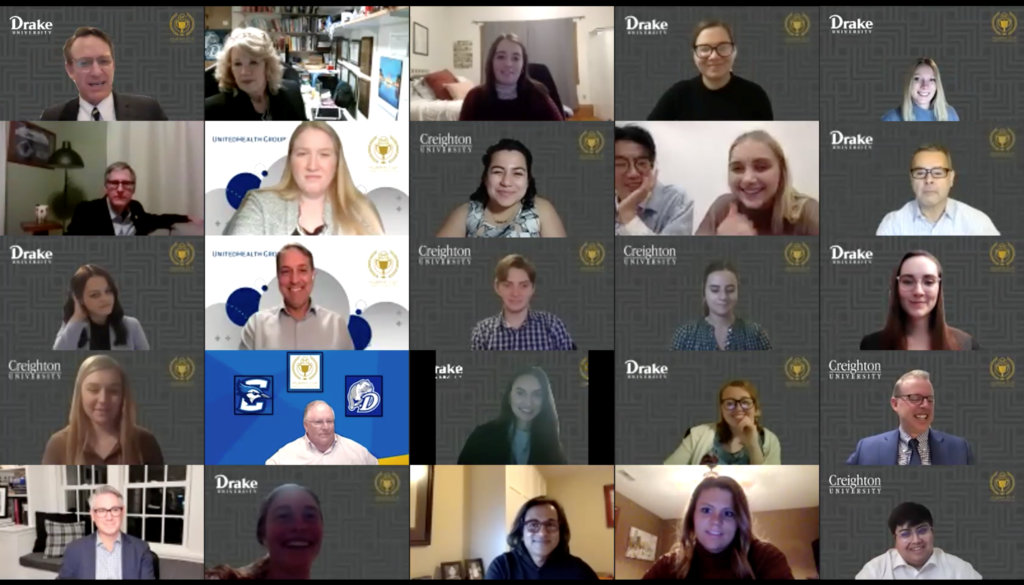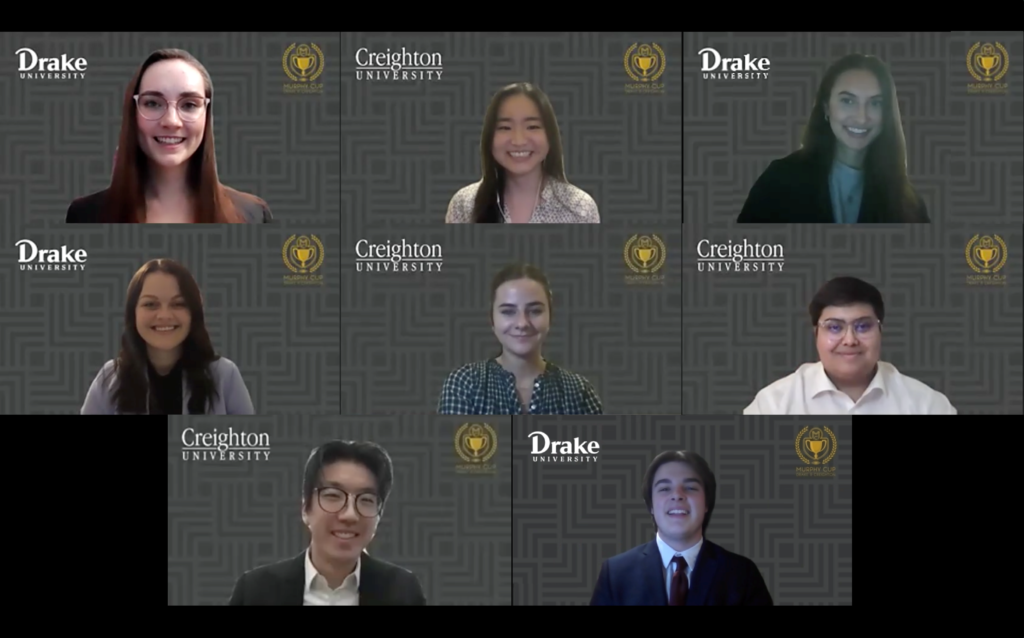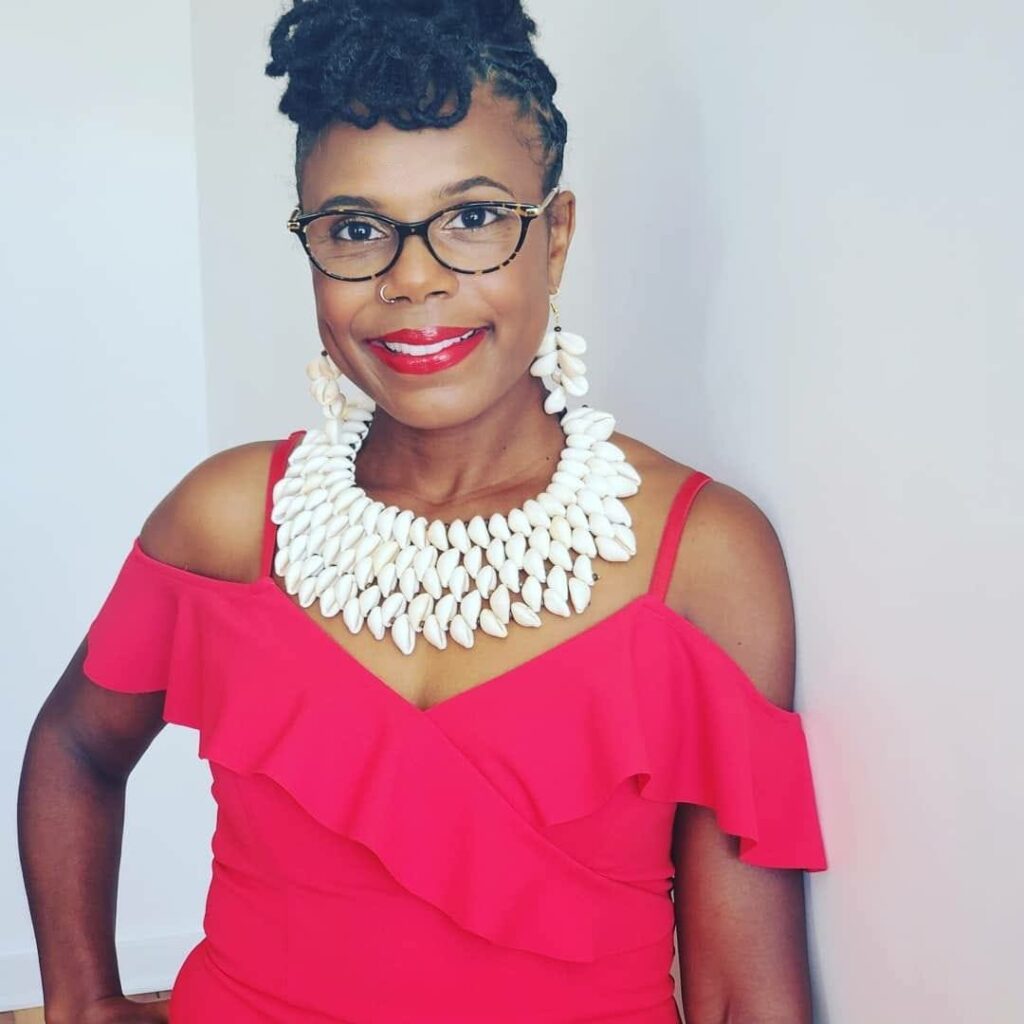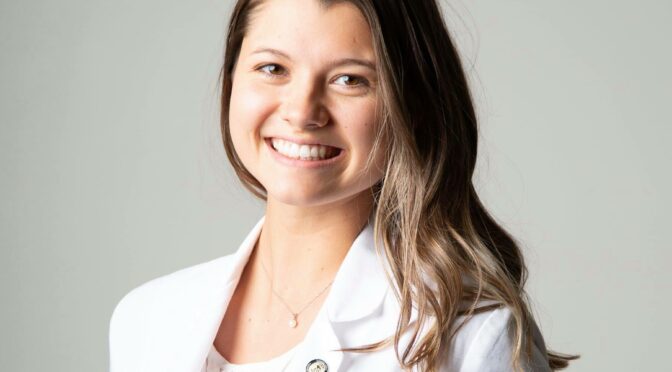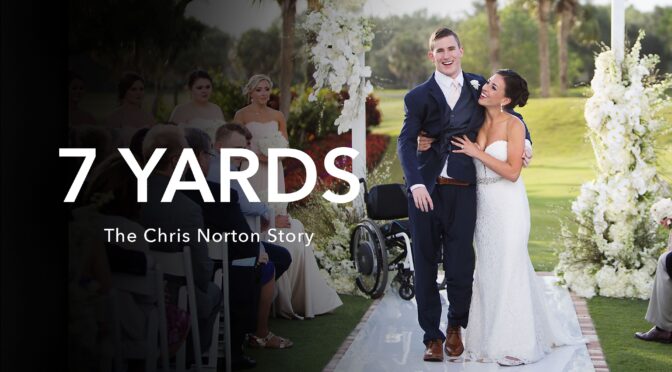During the annual Health Professions Day (formerly Pharmacy and Health Sciences Day) held on Feb. 25, the College of Pharmacy and Health Science presented various awards to students and faculty members.
Third-year pharmacy student Carissa Popp was honored with the Richard Morrow Transformational Student Leadership Award. This award recognizes a student whose transformative work goes above and beyond.
Third-year pharmacy students Caroline Jones and Isabelle Tharp were honored with C. Boyd Granberg Professional Student Leadership Awards. This award recognizes students who have displayed excellence, with a preference for students who have been involved professionally and have taken on leadership roles.
Dr. Shankar Munusamy, MPharm, Ph.D., associate professor of pharmacology, was named the Hartig Distinguished Professor. This award recognizes a faculty member who has distinguished him or herself in teaching, scholarship, service, or practice.
Dr. Andrew Miesner, PharmD, BCPS, associate professor of pharmacy practice, was honored with the C. Boyd Granberg Professional Leadership Award. This award is given to a faculty member who is committed to professional organizational leadership—both for themselves and among students.
Dr. Erik Maki, PharmD, BCPS, associate professor and department chair of clinical sciences, was honored with the Richard Morrow Transformational Leadership Award. This award recognizes a faculty member whose transformational work has gone above and beyond. Transformational leaders focus on team-building, motivation and collaboration with colleagues to accomplish change for the better. They identify a needed change, create a vision to guide the change through inspiration, and execute the change through collaboration.
The College’s Student Governance Association’s Awards included:
Jill Batten, M.Ed., director of student affairs, CPHS Teacher of the Year
Dr. Jared Butler, PharmD, BCPS, DPLA, assistant professor of pharmacy practice, CPHS Preceptor of the Year
Megan Brady, Ed.D, LAT, ATC, assistant professor of athletic training, CPHS Mentor of the Year
Mark Vitha, Ph.D., professor of chemistry, Non-CPHS Teacher of the Year
— Kaylyn Maher, College of Pharmacy and Health Sciences

